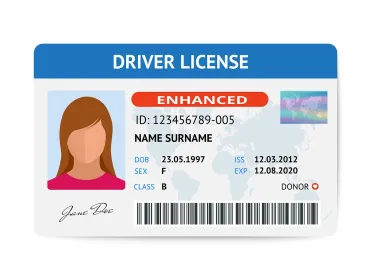New Jersey has become the fourteenth state to pass legislation allowing undocumented immigrants to get their driver’s license.
A Little Background
Based on a study conducted by the New Jersey Policy think tank in 2018, New Jersey has an estimated population of 466,000 undocumented residents of driving age.
The NJ Assembly passed the bill in separate votes and is now awaiting Governor Phil Murphy’s signature, which expected at any time, as he has previously stated that he would sign the bill. The Assembly passed the bill with 42-30 votes and the Senate passed the bill with 21 votes. The supporters of the bill call it a step towards making the roads safer. Thirteen states have already passed this legislation, albeit many protests. The state’s immigrants’ rights group expressed their joy in passing of the bill, by standing in the corridors of the statehouse.
What to Expect Going Forward
The bill creates two kinds of licenses. One license, according to the Federal Real ID rules, allows license holders to board fights and gain access to federal buildings. The other kind of license may be used only for the purposes of driving and identification. Those applying for their licenses must go through the standard six-point identity verification that is currently being used by the Motor Vehicles Commission. However, residents of the garden state will be allowed to show only one proof of address proof as opposed to the typical two.
This measure could increase safety as undocumented residents can now be trained, tested, and insured before they drive on the roads, said Motor Vehicle Commissioner Sue Fulton. He also cited a from a study conducted by the AAA that unlicensed drivers were more likely to flee the scene of the accident than licensed drivers.
The bill is also expected to raise revenue from permit, title, driver’s license and insurance. A think tank in New Jersey estimated this revenue to be $21 million in the first three years of implementation. On the other hand, the opponents of the bill worry that the bill rewards people for breaking the law. They also fear that it could potentially lead to voter fraud because voter registration can be done through a driver’s license.
Additionally, the bill also includes a provision in which the Motor Vehicles Commission will not be able to share the personal information issued by providing licenses to any other department or for federal immigration purposes. The bill, amidst opposition, was celebrated among New Jersey residents and seen as a historic moment for the state’s undocumented residents.



 />i
/>i
